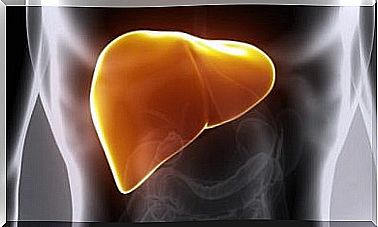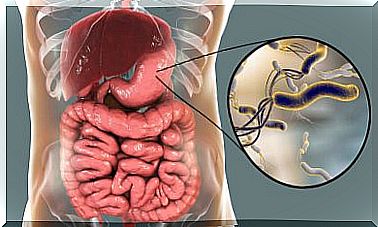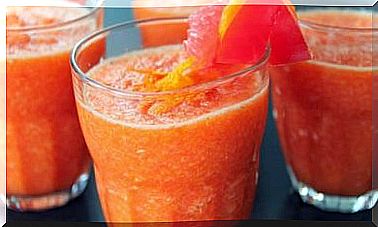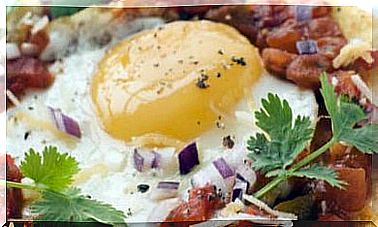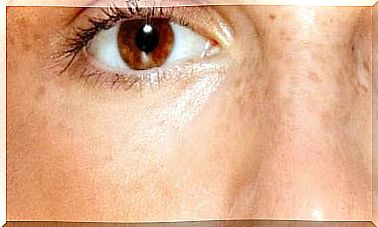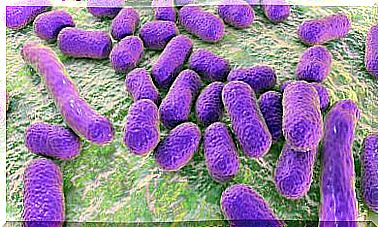Some Foods That Should Not Be Frozen
In this post you will learn about the foods that should not be frozen and some tips to preserve their appearance and flavor.
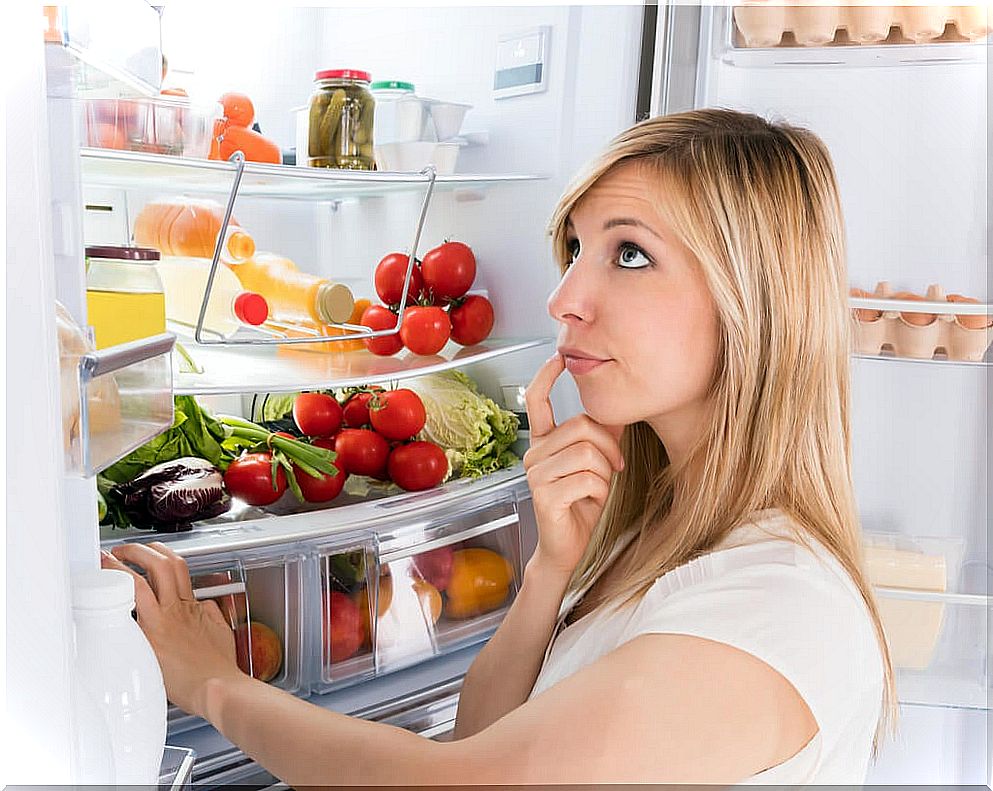
Freezing is one of the main preservation methods today. However, there are many people who abuse it and do not know what the correct procedures are. Worse still, there are foods that should not be frozen that occupy the refrigerators of millions of homes.
Improper freezing can lead to medical complications similar to those we face when we eat a spoiled meal. Remember that using the refrigerator we do not kill bacteria. We simply paralyze its reproduction. Therefore, below we will see which are the foods that should not be frozen. We will also give some tips when it comes to using the freezer.
Some foods that should not be frozen
Here is a list of foods that should not be frozen
1. Vegetables and vegetables
Vegetables and greens are foods high in water content. What happens to them when they are subjected to freezing is that said liquid solidifies and forms large ice crystals. When the cell walls break down, the food loses its initial structure and concentration of nutrients. Then, when they finish defrosting, the vegetable is unable to retain water and expels its vitamins and other components.
This happens a lot with salads and foods like broccoli. After thawing, they tend to have an unpleasant taste and appearance. On the other hand, the leaves of the vegetables lose their characteristic green color and turn brown.
2. The eggs
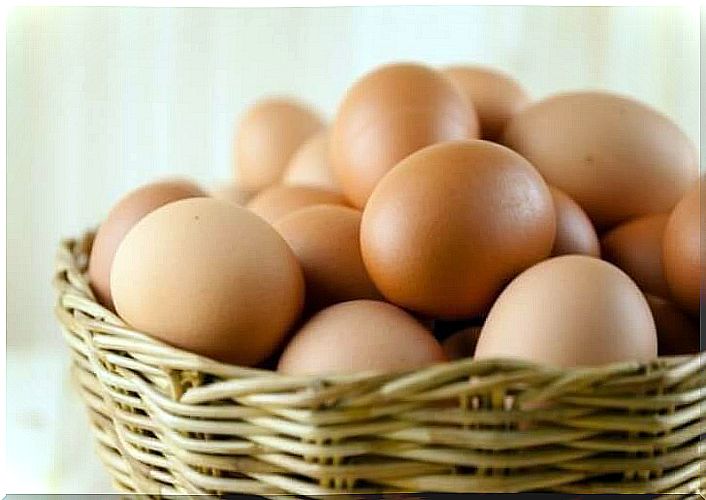
Neither raw nor cooked. This protein-rich food simply can’t stand the freezing process. As with vegetables, all the components and the flavor of the egg lose their richness in the middle of very cold temperatures.
The recommendation also goes for foods that have eggs among their ingredients. Cakes and mayonnaise lose their consistency after the freezing process. In any case, the right thing to do is to keep them at most in the fridge or refrigerator.
There are people who separate the yolk from the white of the egg and freeze it, while others beat both elements to preserve them. Under these conditions, the freezing process can be a bit more favorable.
3. Hydrates, fats and dairy
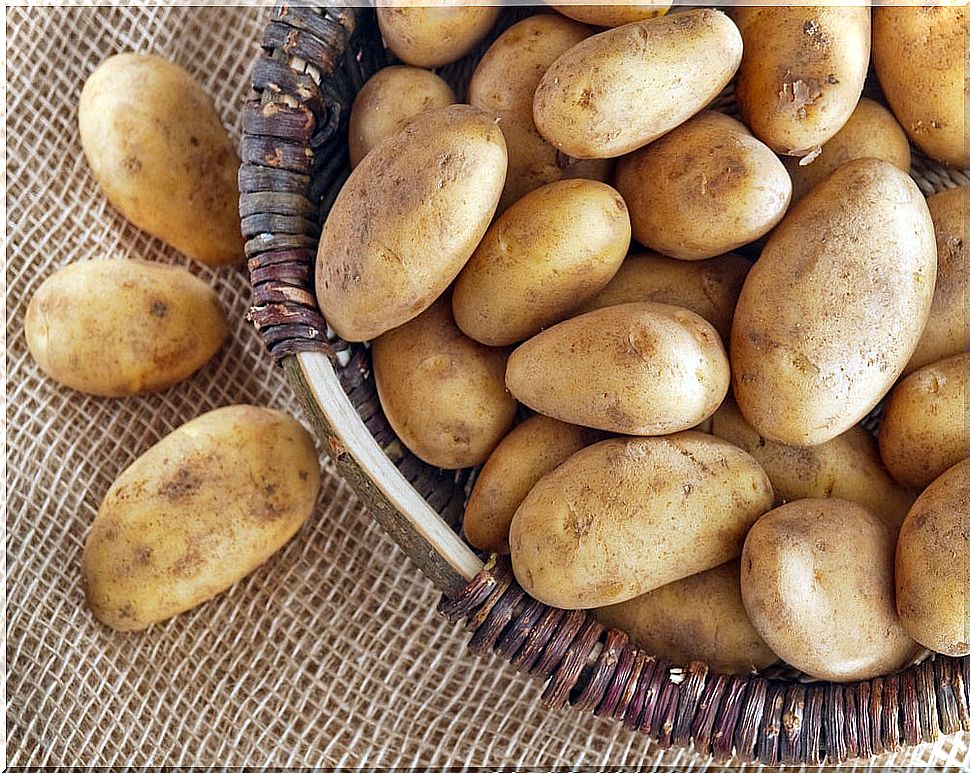
The potato is a vegetable that retains a lot of water and therefore breaks down nutritionally when frozen. If you are going to cook a stew and you intend to freeze it later, it is best not to use potatoes. The same goes for a vegetable puree, if you are thinking of freezing the uneaten remains.
Making pasta and then freezing it is also not a good idea. Basically all of the mentioned food products fill up with water, lose nutrients and are affected in their molecular structure. Therefore, in its properties and physical consistency.
Meanwhile, milk can be refrigerated, but always be altered fat molecules. These types of products are kept cold if they are processed and of proven quality. In the case of dairy, we must always know that they are not contaminated by pathogens.
Other foods that should not be frozen are rice and fried or high-fat products. But if we have no other alternative, the right thing to do is to heat them very well when we go to consume them. We must verify that they are very hot inside, so that they present the most suitable texture and flavor.
4. Stews and cooked foods
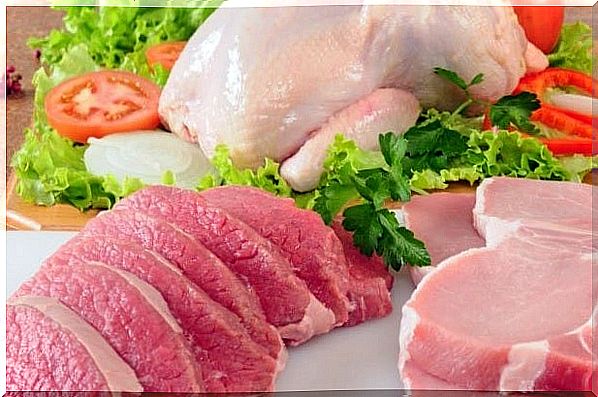
Meat and fish can be kept in the refrigerator, but we must be very careful in packaging. The right thing to do is to prevent air from entering the container so that the product does not absorb moisture. With this, the food loses its consistency and becomes a soft dough.
With regard to packaging, it is recommended that it be rigid and that it does not have any type of cracks. If you have them, the cold air will enter very quickly, burning the meat and generating dryness. The end result would be that of a dry product.
If the food is cooked, it is best to have containers with hermetic lids and a material that can be heated through the microwave. All these recommendations are valid for meat, chicken and fish. The freezing process is most effective for raw meats. For sure, the ideal thing is to consume the rest of the food in its freshest state and place it in the refrigerator for moderate conservation.
Foods that should not be frozen: final comments
In short, there are many foods that can be frozen without losing their physical properties. However, breaking the cold chain or freezing other foods can be quite harmful. Therefore, we recommend that you take into account these foods that should not be frozen.
